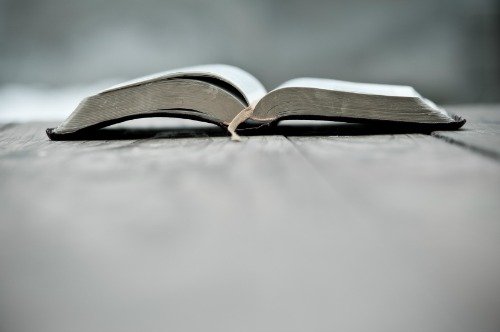|
Bahai Child Indoctrination
Bahai Child Indoctrination Question: Some people say children should be left to make up their own minds about religion. Do you agree? JACK MCLEAN is a Bahá’í scholar, teacher, essayist and poet published in the fields of spirituality, Bahá’í theology and poetry. Does a child possess the sufficient intellectual and spiritual tools to make an informed decision about religion? Will a child, left on its own, do its own investigation of spiritual matters? Parents who are religiously engaged, value the faith tradition to which they belong. They will naturally want to pass down to their children those values that they hold most dear. In this way, communities are maintained and perpetuated. When you consider the matter carefully, it will be seen that the whole edifice of religion rests upon the teaching of children and youth. We begin public education in childhood; religion functions no differently.
Of course, when a child reaches the age of maturity, then there is no question about making up one’s own mind. Bahá’u’lláh (1817-1892), the Prophet-Founder of the Bahá’í Faith, in his Book of Laws, the Kitab-i-Aqdas, set the age of 15 years as the age of spiritual maturity for joining the community and observing the laws of the religion. At age 15, any Bahá’í laws, such as the law of obligatory prayer and fasting, become binding on the young adult. However, the crucial point is this: at age 15, in order to be considered a Bahá’í, the youth must affirm his or her own faith. If not, the person is not registered on the community rolls as a Bahá’í.
The parents may well consider their child to be a Bahá’í up to that time, and will have educated the child according to the Bahá’í teachings, but at age 15, the youth either reaffirms his faith, and officially joins the community, or not. No ceremony exists that automatically inducts the youth into the Bahá’í Faith without consent. While parents may hope and expect their child to join the community, it does not always happen. Sometimes a youth joins the community at a later date. But pressure or coercion may not be brought to bear on a son or daughter if he or she chooses not to join the Bahá’í Faith. For their part, the parents must not neglect their responsibility to educate their children in prayer and the Bahá’í teachings and, most importantly, by example. Bahai Child Indoctrination
|
